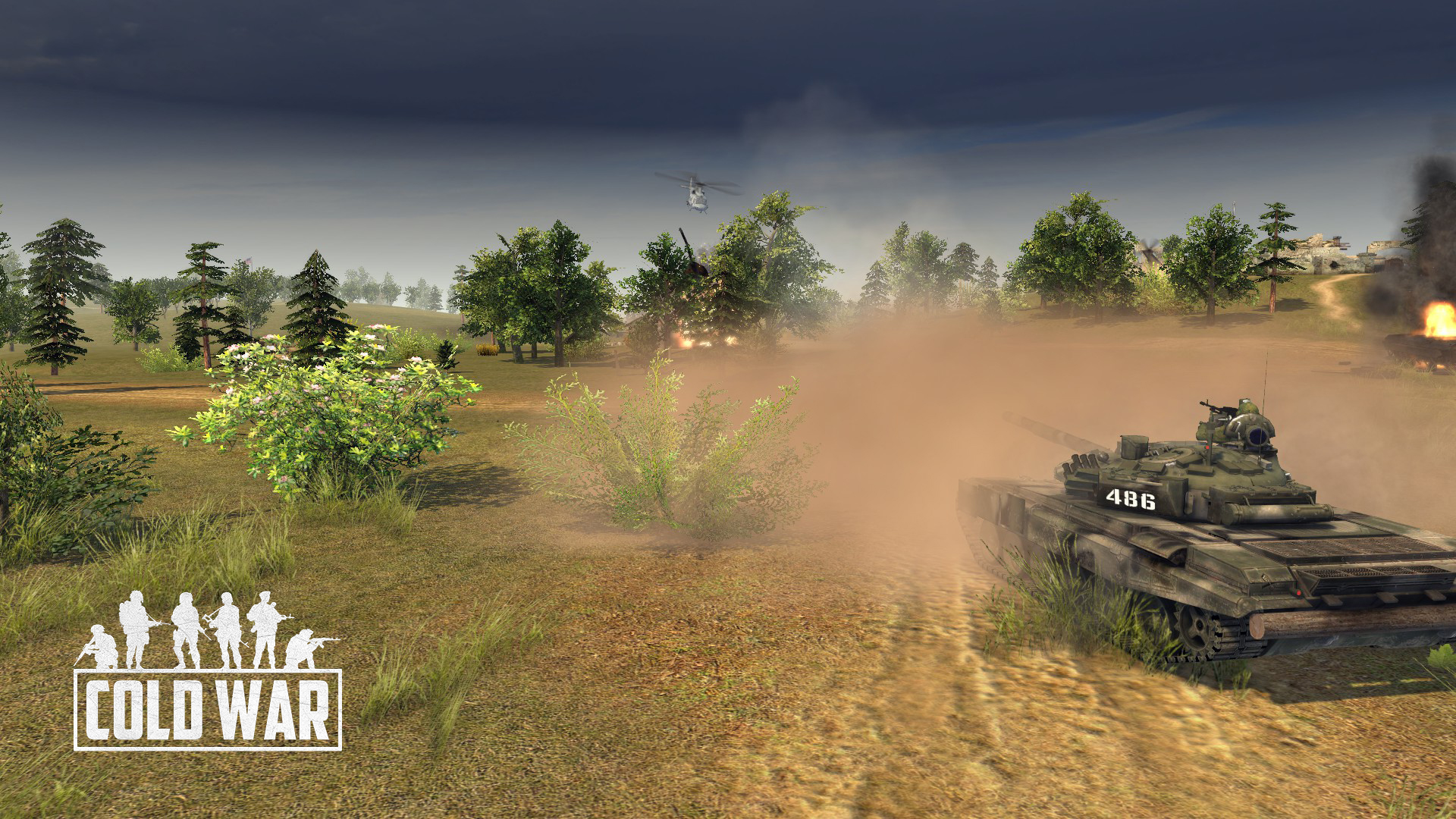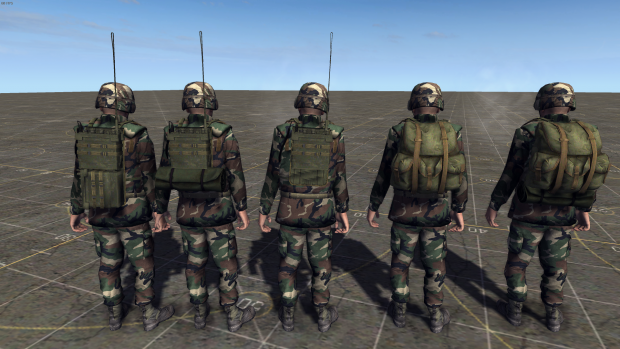
entry into the war following the Attack on Pearl Harbor, and a potential Anglo-American invasion on the Western Front in 1942 (which did not occur until the summer of 1944). Īt the same time, Hitler was worried about American popular support after the U.S. Some historians have doubted Zhukov's account. General Georgy Zhukov and others subsequently revealed that some of those generals had wished to remain in a defensive posture in the region, but Stalin and others had pushed for the offensive. Stalin attacked the competence of the generals involved.

Stalin's attempt to retake Kharkov in the Ukraine ended in the disastrous encirclement of Soviet forces, with over 200,000 Soviet casualties suffered. The counteroffensive bogged down, in part due to mud from rain in the spring of 1942.
Cold war 1.5 9 men of war assault squad 1 series#
In early 1942, the Soviets began a series of offensives labelled "Stalin's First Strategic Offensives". 80 kilometres (50 mi) from Moscow in what was the first major defeat of the Wehrmacht in the war.

On 5 December, the Soviets launched a counteroffensive, pushing German troops back c. By December, Hitler's troops had advanced to within 25 kilometres (16 mi) of the Kremlin in Moscow. Ĭorrectly calculating that Hitler would direct efforts to capture Moscow, Stalin concentrated his forces to defend the city, including numerous divisions transferred from Soviet eastern sectors after he determined that Japan would not attempt an attack in those areas. On 6 November 1941, Stalin rallied his generals in a speech given underground in Moscow, telling them that the German blitzkrieg would fail because of weaknesses in the German rear in Nazi-occupied Europe and the underestimation of the strength of the Red Army, and that the German war effort would crumble against the Anglo-American-Soviet "war engine". The British agreed to assistance but refused to agree to the territorial gains, which Stalin accepted months later as the military situation had deteriorated somewhat by mid-1942. In September 1941, Stalin told British diplomats that he wanted two agreements: (1) a mutual assistance/aid pact and (2) a recognition that, after the war, the Soviet Union would gain the territories in countries that it had taken pursuant to its division of Eastern Europe with Hitler in the Molotov–Ribbentrop Pact. While the Germans pressed forward, Stalin was confident of an eventual Allied victory over Germany. They held the city at the cost of more than a million Soviet soldiers in the region and more than a million civilians, many of whom died from starvation.

While the Germans made huge advances in 1941, killing millions of Soviet soldiers, at Stalin's direction the Red Army directed sizable resources to prevent the Germans from achieving one of their key strategic goals, the attempted capture of Leningrad. By that time, Molotov had obtained information regarding Anglo-German negotiations and a pessimistic report from the Soviet ambassador in France. At the same time, Germany-with whom the Soviets had started secret negotiations on 29 July – argued that it could offer the Soviets better terms than Britain and France, with Ribbentrop insisting, "there was no problem between the Baltic and the Black Sea that could not be solved between the two of us." German officials stated that, unlike Britain, Germany could permit the Soviets to continue their developments unmolested, and that "there is one common element in the ideology of Germany, Italy and the Soviet Union: opposition to the capitalist democracies of the West". Political discussions had been suspended on 2 August, when Molotov stated that they could not be resumed until progress was made in military talks late in August, after the talks had stalled over guarantees for the Baltic states, while the military talks upon which Molotov insisted started on 11 August.

The pact was reached two days after the breakdown of Soviet military talks with British and French representatives in August 1939 over a potential Franco-Anglo-Soviet alliance. Another clause of the treaty was that Bessarabia, then part of Romania, was to be joined to the Moldovan SSR, and become the Moldovan SSR under control of Moscow. The USSR was promised the eastern part of Poland, then primarily populated by Ukrainians and Belarusians, in case of its dissolution, and Germany recognised Latvia, Estonia and Finland as parts of the Soviet sphere of influence, with Lithuania added in a second secret protocol in September 1939. Officially a non-aggression treaty only, an appended secret protocol, also reached on 23 August, divided the whole of eastern Europe into German and Soviet spheres of influence. In August 1939, Stalin accepted Hitler's proposal into a non-aggression pact with Germany, negotiated by the foreign ministers Vyacheslav Molotov for the Soviets and Joachim von Ribbentrop for the Germans.


 0 kommentar(er)
0 kommentar(er)
